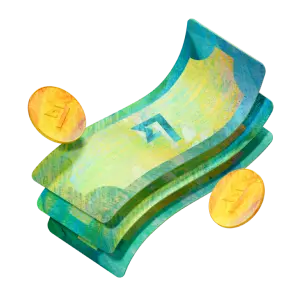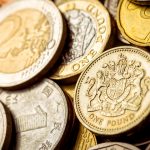Euro (EUR)
The euro is the currency of the European Union (EU). The EU is a union of separate nations joined under one governing structure. The euro is now the single currency replacing individual monies for 19 of 28 nations who joined the EU, or the Eurozone. It is a fiat currency.
Learn more about the euroCurrency name
Euro
Currency symbol
€
EUR exchange rates
Beware of bad exchange rates.Banks and traditional providers often have extra costs, which they pass to you by marking up the exchange rate. Our smart tech means we’re more efficient – which means you get a great rate. Every time.
Facts about the Euro

Euro nicknames
The euro has different nicknames in different countries. For example in Finland you might hear the nickname ‘Ege.’ In Spain people use ‘Pavo’, and you may hear Irish English speakers refer to the euro as the ‘Yoyo’.
Euro coins and banknotes
Euro coins are available in denominations of 1, 2, 5, 10, 20, and 50 cents, as well as €1 and €2. Coins have a standard image on one side, and on the other have a design related to the country of issue. Currently euro coins and notes are accepted anywhere in the Eurozone, regardless of the country of issue.
5, 10, 20 and 50 euro notes are in general circulation. Although €100, €200 and €500 notes are also available, they aren’t commonly accepted retailers. The €500 note is currently being phased out of circulation.




